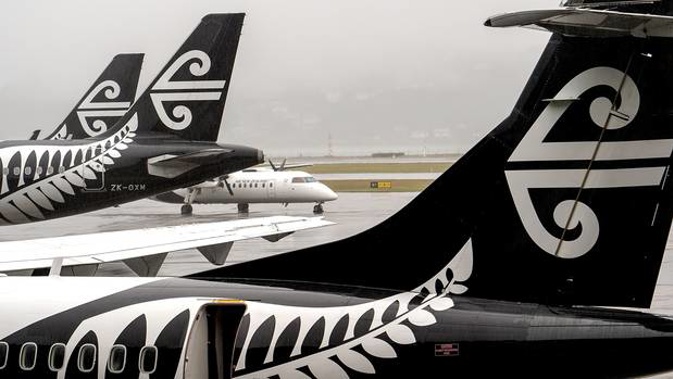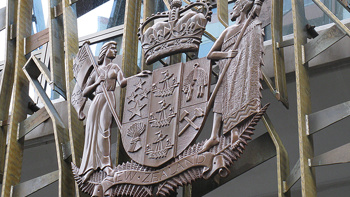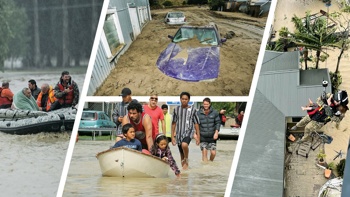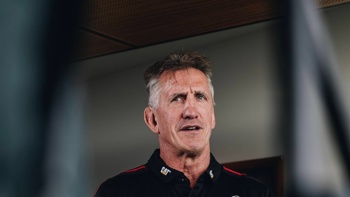
An apology letter to Air New Zealand customers from the airline's boss shows the pressure the national carrier is under from not only worldwide aircraft engine problems but the impact of New Zealand's burgeoning tourism industry, an aviation commentator says.
Air New Zealand chief executive Christopher Luxon told customers in an email it had been an "incredibly challenging year", before outlining service cuts, plans to meet with engine makers and pressure being imposed on stretched New Zealand airports to speed up improvements.
Aviation commentator Peter Clark said several New Zealand airports, as well as the country's roading and accommodation infrastructure, were reaching "saturation point" because of increasing visitor numbers.
"We're starting to hear the airports are getting full ... Auckland, Wellington, New Plymouth, Napier. Queenstown's done it well [upgrades], but it's going to be at capacity soon.
"It's really getting to the point of 'Have we got too much tourism in New Zealand?'"
The Herald on Sunday last month highlighted the strain on Auckland Airport, three years into a 30-year development plan to create the "Airport of the Future", as demand soars.
More than 20 million passengers - a 7m increase in a decade - passed through the ageing domestic and international terminals in the last financial year.
Ministry of Business, Innovation and Employment figures showed 3.78m international visitors arrived in New Zealand in the year to June 30, up 4 per cent. International visitor arrivals are forecast to top 5m by 2024.
Airports were not spared in Luxon's letter to customers - the chief executive noted that a significant increase in people passing through airports in New Zealand had disrupted their operations, due to under investment.
"Simply put, some airport facilities, especially in Auckland, are struggling to keep up with the surge in demand for air travel due to under investment by the airport companies."
He was working with chief executives of several airports to do whatever they could to "accelerate improvements", Luxon said.
An Auckland Airport spokesman said the airport consulted "extensively with all our partners around the timings for key projects".
A plan of work, including new airside facilities, food outlets for travellers and rejuvenation of the domestic terminal were under way.
Luxon, who couldn't be contacted today, also told customers about extraordinary operational challenges - the biggest unscheduled global maintenance issues with the Rolls-Royce Trent 1000 engines that power Air New Zealand's 13 787 Dreamliners - had severely impacted the airline's ability to deliver in the past year.
During the last 10 months, tens of thousands of passengers have had flights cancelled, rescheduled or faced flying in different planes because of the issues, which have hit airlines worldwide.
"Frustratingly, our ability to deliver this over the past year has been severely impacted and many of our customers have experienced disruptions and delays, rescheduled flights, unexpected replacement aircraft and over-crowded lounges."
The airline would meet Rolls Royce management in London in a few weeks to "further seek personal reassurance that all is being done to get our affected engines back in service as soon as possible", he wrote.
He also announced the airline's Vietnam route would be stopped next year, services to Haneda in Tokyo would be suspended and frequency to Argentina and Taipei reduced.
Another major issue that hit the airline was the September rupture of the fuel pipeline at Ruakaka, north of Auckland, which disrupted international services, Luxon wrote.
Aviation was a demanding industry and Air New Zealand had done the right thing by cutting some services to keep a balance between profitability, load factors, increasing fuel costs and keeping fares acceptable to customers, Clark said.
"Our aviation industry is advancing extremely fast and there's been a few technical problems ... but what could slow it down is the price of fuel."
Take your Radio, Podcasts and Music with you









